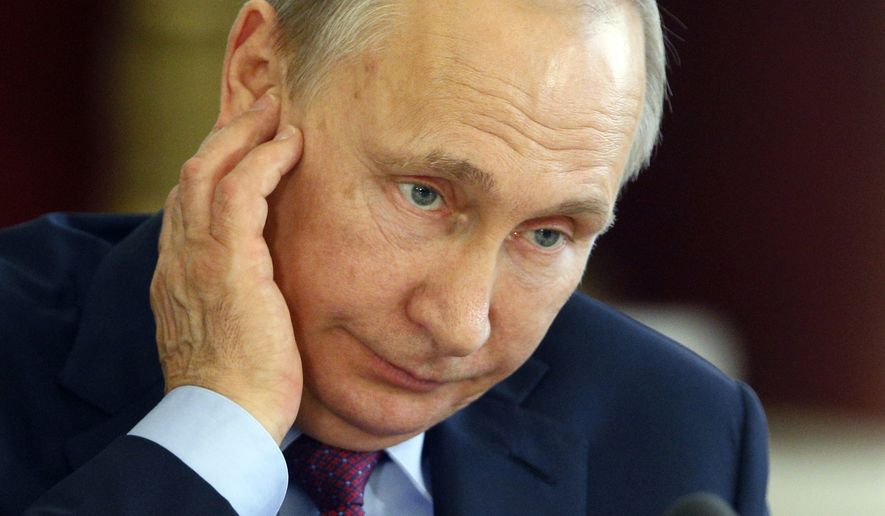The Trump administration acknowledged Wednesday that Russian hackers targeted election systems in nearly half the country during last year’s presidential race, offering the largest on-the-record accounting yet with respect to the scope of Moscow’s alleged interference.
“As of right now, we have evidence that election-related systems in 21 states were targeted” last year by Russian government cyber actors, Jeanette Manfra, the acting deputy undersecretary of cyber security for the Department of Homeland Security, told the Senate Intelligence Committee during a Wednesday hearing involving Moscow’s involvement in the 2016 White House race.
Ms. Manfra declined to identify which states were specifically targeted or the degree to which the hackers were successful, citing confidentiality agreements between the federal government and affected parties.
“I prefer not to go into those details in this forum,” she added.
Her admission nevertheless marked the first time the Trump administration has publicly detailed the extent of Russia’s attempt to interfere in last year’s election.
While the U.S. intelligence community has long determined that Russia used state-sponsored hackers to try to influence the outcome of last year’s race, only two states — Arizona and Illinois — have previously acknowledged having their election systems targeted in the run-up to last year’s race.
The committee’s chairmen, Republican Sen. Richard Burr of North Carolina and Democratic Sen. Mark Warner of Virginia, will ask privately ask the 19 other states to go public, BuzzFeed News reported.
A recent Bloomberg report, meanwhile, suggested as many as 39 states may have had been targeted by Russian hackers ahead of last year’s election.
The U.S. intelligence community concluded in January that Russian President Vladimir Putin ordered state-sponsored hackers to interfere in the 2016 White House race in order to hurt the chances of Democratic candidate Hillary Clinton. Russian hackers failed to alter any voting tallies, according to the U.S. government, but instead pilfered privileged communications involving the Clinton campaign ultimately published online before Election Day.
The Kremlin has adamantly denying interfering in the election, though Mr. Putin said last month that “patriotic” hackers may have targeted U.S. entities without Moscow’s behest.
• Andrew Blake can be reached at ablake@washingtontimes.com.




Please read our comment policy before commenting.